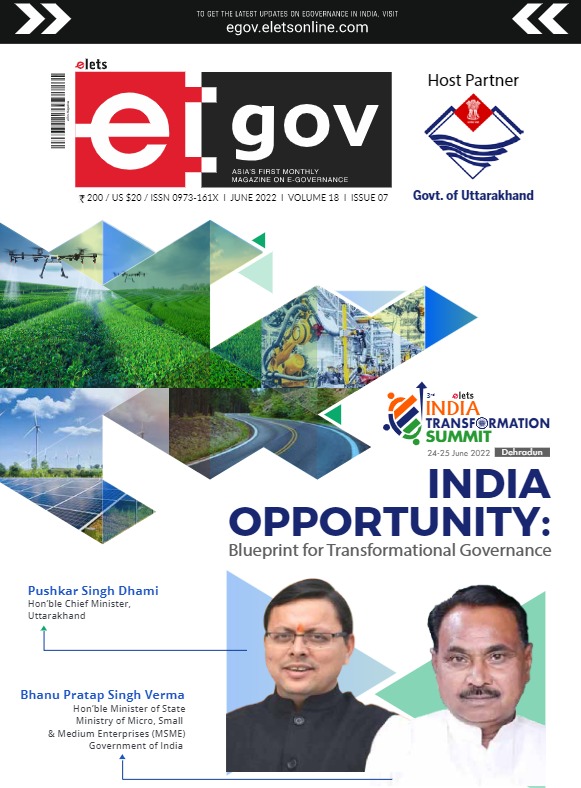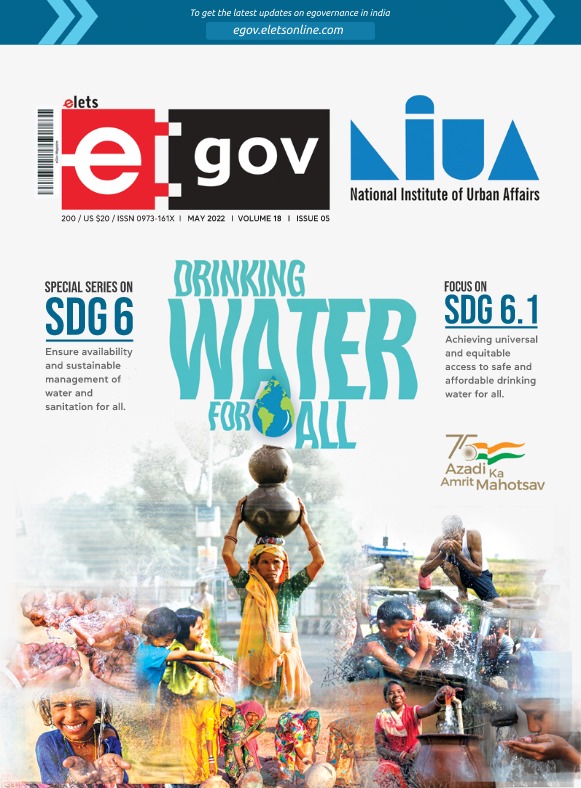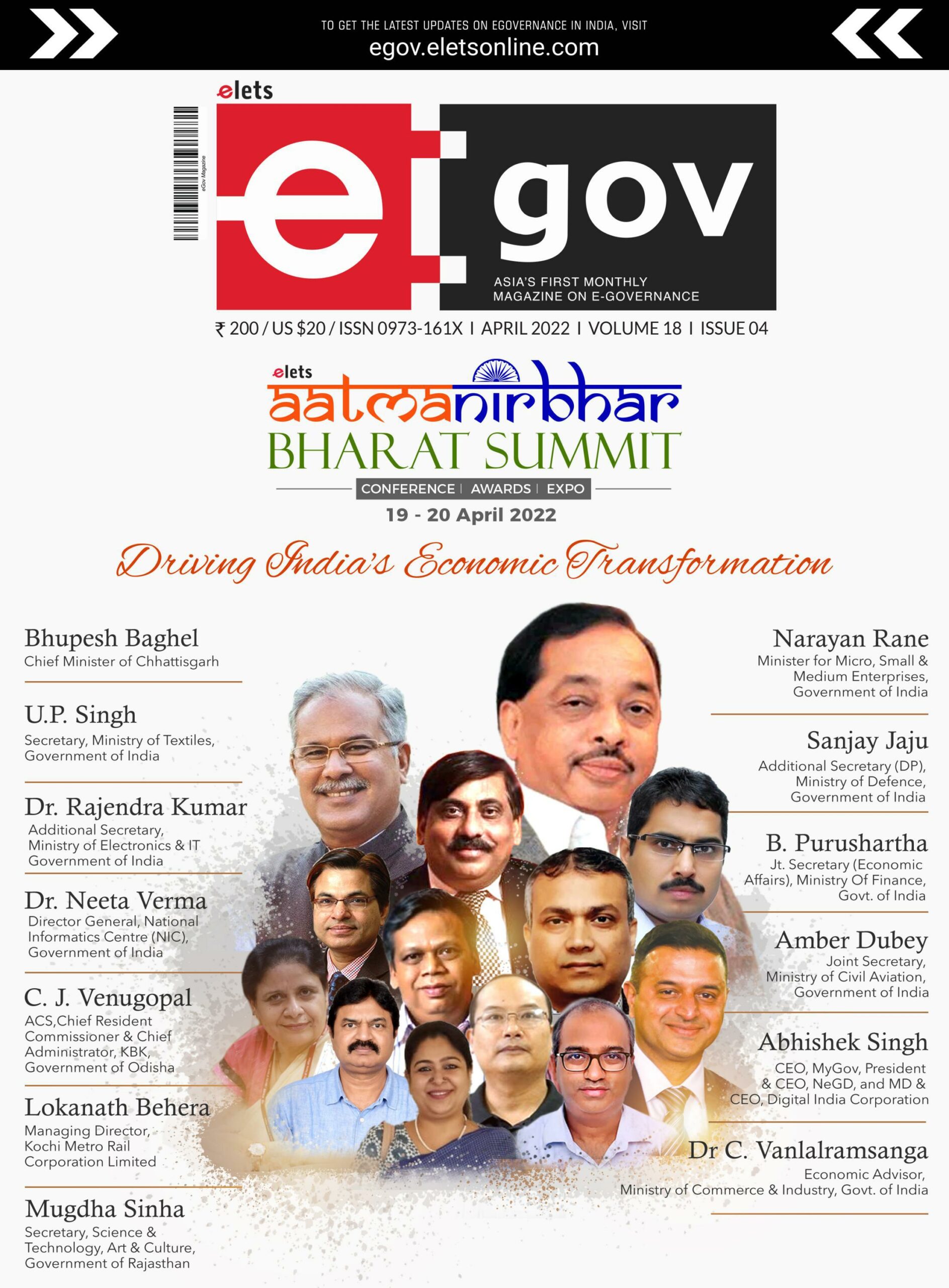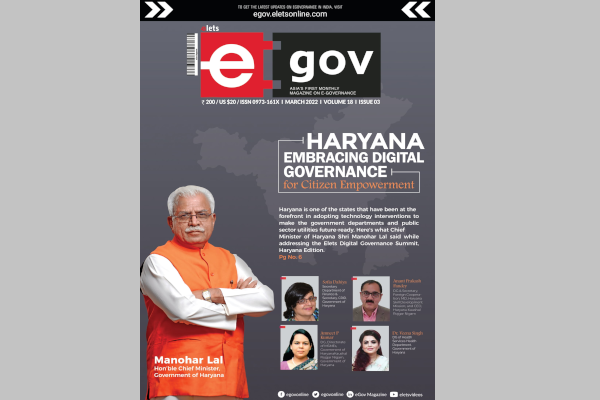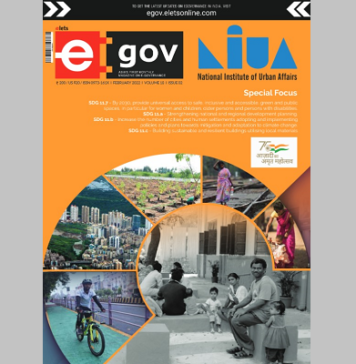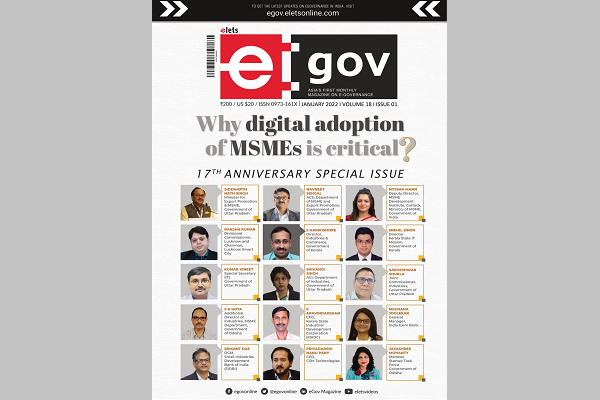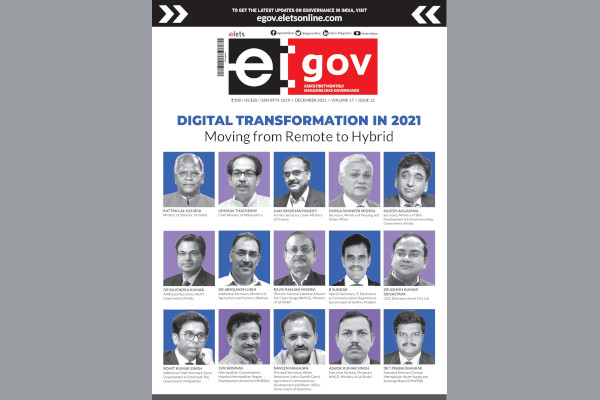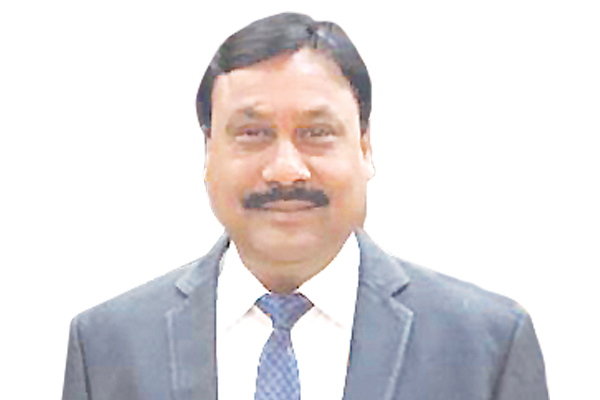
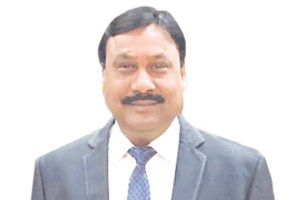 As the country is moving towards digitisation in every field including education and governance, the citizen in Bareilly needs a platform to upload and access digital content. A Digital Library is proposed for all the people in the city who don’t have access to reliable content, says Rajesh Kumar Srivastava, Municipal Commissioner, Bareilly Municipal Corporation and Chief Executive Officer, Bareilly Smart City Limited, in conversation with Ahmad Shariq Khan of Elets News Network (ENN).
As the country is moving towards digitisation in every field including education and governance, the citizen in Bareilly needs a platform to upload and access digital content. A Digital Library is proposed for all the people in the city who don’t have access to reliable content, says Rajesh Kumar Srivastava, Municipal Commissioner, Bareilly Municipal Corporation and Chief Executive Officer, Bareilly Smart City Limited, in conversation with Ahmad Shariq Khan of Elets News Network (ENN).
What is your vision for developing Bareilly as a Smart City?
New Bareilly’s vision addresses real-world issues and challenges the citizens and the city are facing. Specifically, it considers how emerging transportation data, technologies and applications can be integrated with existing systems across a city—helping both city and the citizens achieve goals for safety, mobility, sustainability, and economic vitality in an increasingly complex, interdependent and multimodal world.

Tell us about the projects identified under the Smart Cities Mission to realise this vision?
The components of Bareilly Smart City are divided in two parts which are Area Based Development (ABD) interventions and pan-city interventions. The total area covered under ABD is 1,270 acres. For the development of the city, the following projects were identified:

- Development of an Integrated Urban Infrastructure
- A digital library
- Development of a handicraft centre which will including a resource centre, design research and skill centre along with an exhibition and sale facility
- A Central Business District
- Provision of Rooftop Solar panel on government buildings
- Retrofitting of government schools with smart classes and associated infrastructure for e-shiksha
- Decentralised STP’s at various locations in the city
- GIS-based mapping and database digitisation and integration
- Smart advertisement boards
- Solar-based water ATMs
- Construction of smart public toilets
- SCADA system for sewerage scheme with 70 MLD STP
- An accelerator/incubation centre for promoting start-up and entrepreneurs
- Waste management (dairy/non- recyclable plastic/flower waste) system
- Slum re-development policy based on trading of Floor Area Ration (FAR)
- Open gyms in various parks
- Solid waste storage and processing
What steps have been taken to improve road infrastructure to decongest the city?
Identification and redevelopment of the primary, secondary and tertiary road network would be done within the ABD area for the smooth, safe and smart traffic management. Further, the concept of utility ducting will be implemented which would not only organise the service piping but enable its control and management through the Command and Control Centre. We have identified a project for the redevelopment of traffic junctions in order to organise, improve the functionality, safety and efficiency of the junctions and to augment the aesthetic and functional aspect.
Some major prime commercial spaces are being taken up by unnecessary and unorganised parking in the city. The provision of organised multilevel parking at various locations throughout the ABD area of the city along with good commercial centres in the area would unlock the commercial value of the space along with meeting the parking requirement.
Please tell us about the handicraft centre being planned to promote local arts and craft of the city.
Zari Zardosi, bamboo furniture, ‘surma’ and ‘manjha’ industries are the prominent handicrafts of the city. The smart city is focusing on augmenting the skill level of the workers as well as providing them good infrastructure to develop their products and access larger markets. A Handicraft Promotion centre is proposed for this purpose which will comprise of spaces for the promotion, uplifting and managing the economical and quality aspects of the handicraft industry based in Bareilly.
Which digital initiatives have been planned for the city for improved transparency and efficiency in service delivery?
As the country is moving towards digitisation in every field including education and governance, the platform to upload and access digital content for all the citizens in Bareilly is needed as well. Digital Library is proposed for all the people in the city who don’t have access to reliable content for their personal growth as well as the growth of the city.
Smart classes are the modern way of learning. To further promote this concept, a project for retrofitting of government schools with smart classes and building associated infrastructure for e-shiksha has also been taken up.
Through the GIS-based mapping and database digitisation and integration project, maps, utilities and services and other resources would be digitalised so as to make planning of various projects easy and functioning of the city more efficient.
Management of waste has emerged as a big challenge for most Indian cities. What steps have you been taken by Bareilley Smart City in this direction?
A ‘smart city’ is developed upon numerous distinct elements and waste management is one of these vital aspects. Bareilly being a culturally-rich city, a lot of flower waste is generated. Hence, ways to treat the flower waste are suggested. Solid waste management being one major subject in the city’s overall development, it is identified as a prominent project. The solid waste is proposed to be segregated, stored and processed. Door-to-door waste collection as well as a landfill waste disposal site has been proposed to be built under this project.
Which projects have been planned to ensure a sustainable future for the city and its residents?
Bareilly has many natural lakes/ponds. It is proposed to develop and rejuvenate certain water bodies and parks as recreational spots which should enrich the social and cultural character of the city. One of the important components of the Smart Cities Mission is to promote clean and green energy, for which there is a project of installing solar panels on the rooftops of government buildings in Bareilly Smart City.
In order to make clean drinking water accessible to people in public places across Bareilly, installation of water ATMs and using solar power for the treatment of this water to make this service sustainable and environment-friendly, is proposed.
Be a part of Elets Collaborative Initiatives. Join Us for Upcoming Events and explore business opportunities. Like us on Facebook , connect with us on LinkedIn and follow us on Twitter, Instagram.




